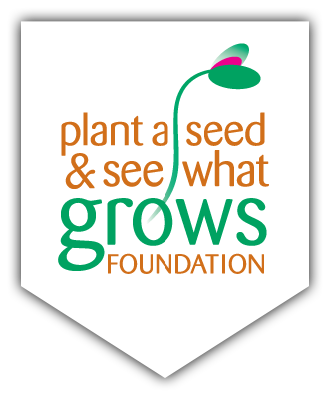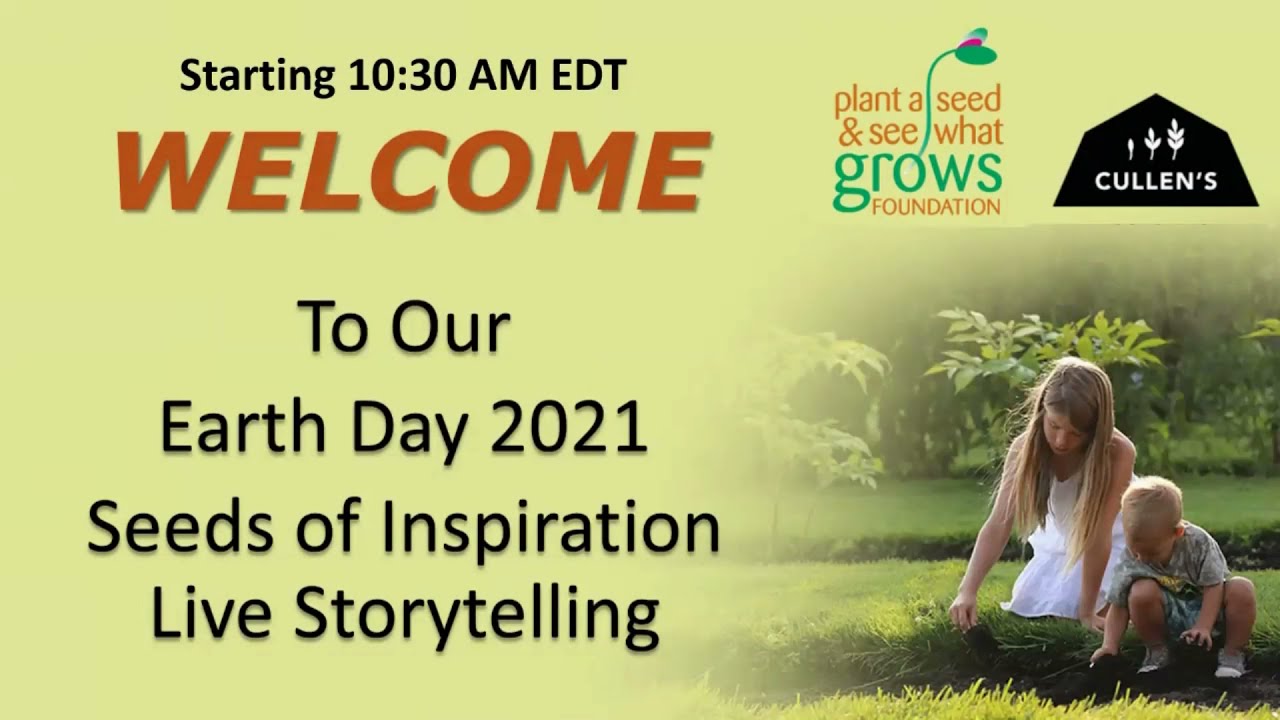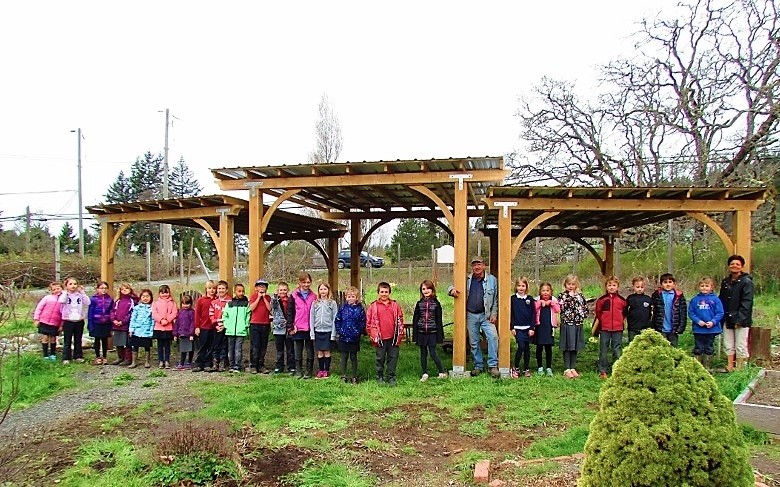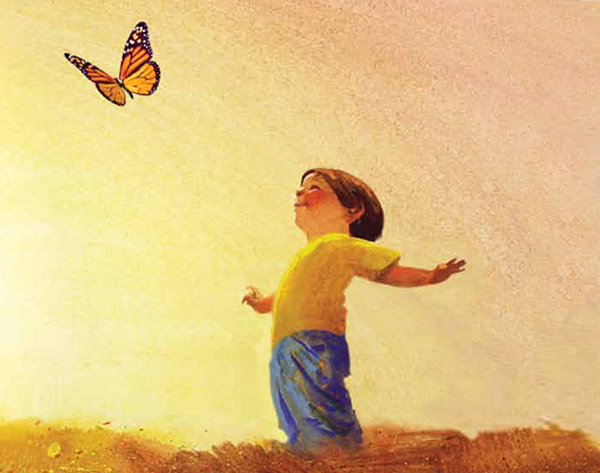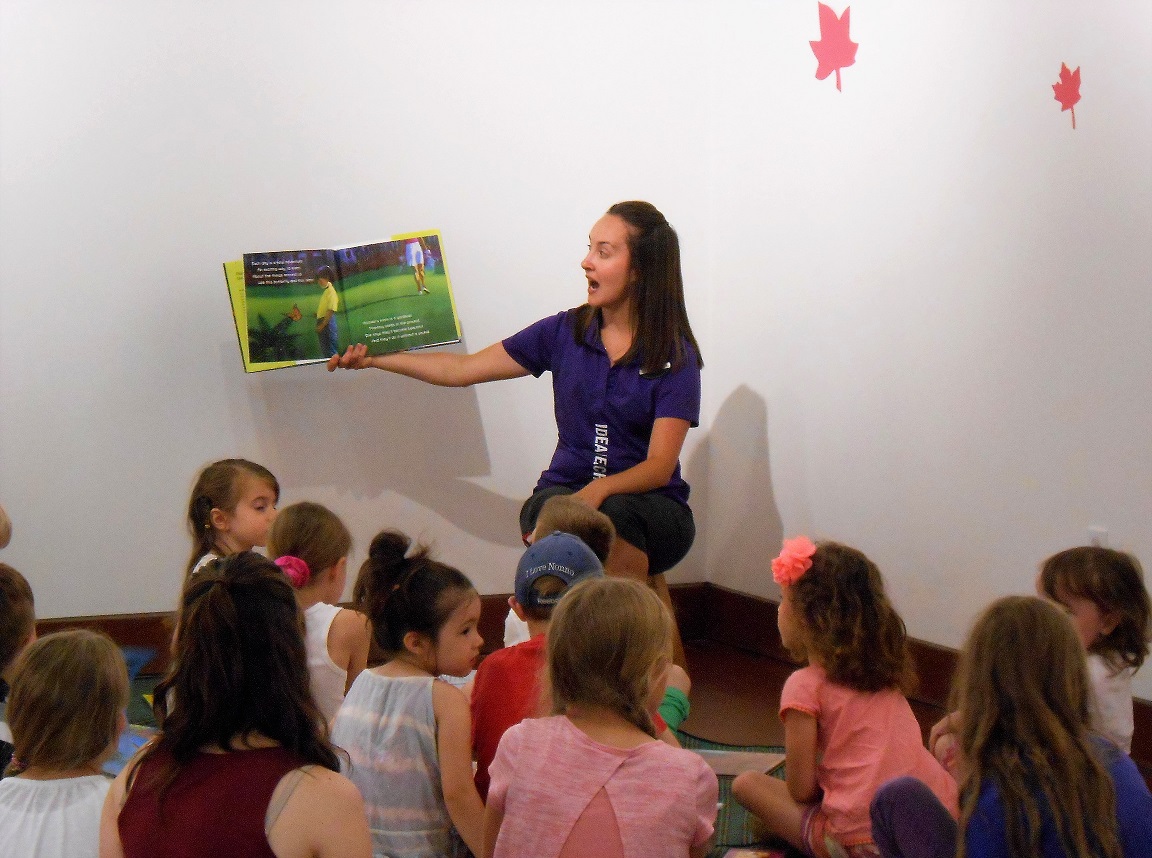How Gardens Help Kids (besides feeding them)
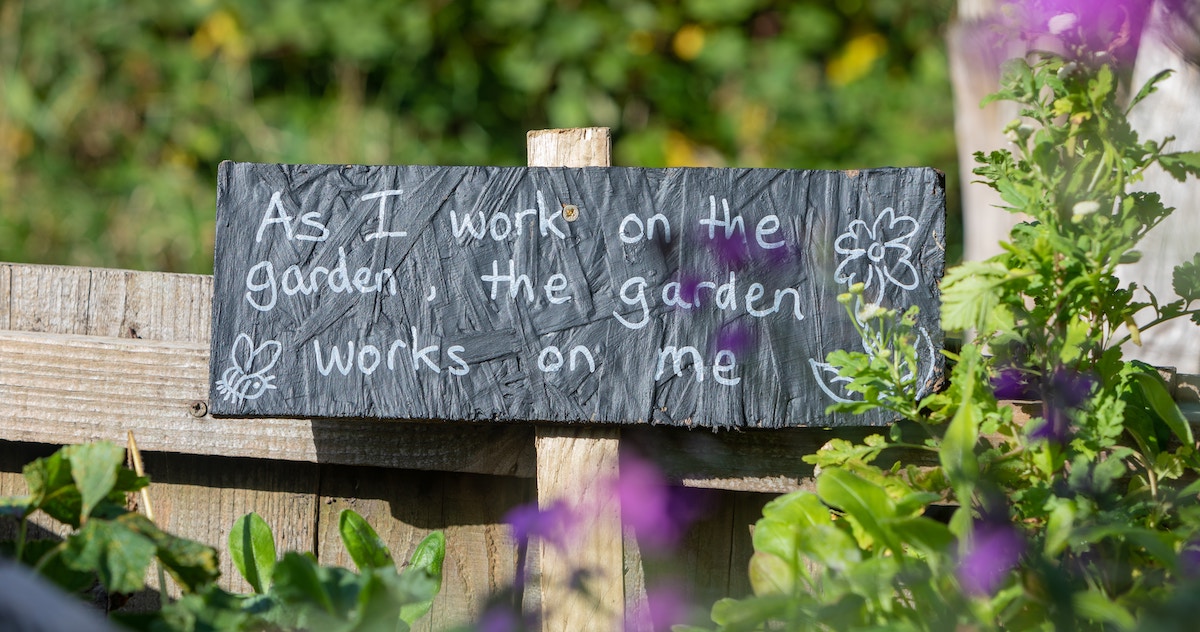
The biggest benefit of gardening for Canada’s children is rooted in nutrition. Fruits and vegetables grown in backyards, community/school gardens, and urban farms feed the young masses with healthy antioxidants, vitamins, minerals, and other beneficial compounds. We all know this. But when you encourage children to actually get involved in the gardening process you give them so much more. Below is a breakdown of how gardens help kids and why you should guide yours (offspring and/or students) towards what may be the most beneficial of all outdoor learning experiences.
7 Other Ways Thoughtful Gardening Can Benefit Kids That You May Not Have Known About
Gets Them Outdoors (and away from screens)
After watching your kids spend hours on mobile devices, the only screen you want to see and hear is the one on the door being slammed shut as they scurry outside to where they should be experiencing the world. Gardening is an outdoor activity that can be enjoyed in Canada through all four season. Yes, that includes the winter.
Develops Cognitive Abilities
Numerous educational concepts are explored when gardening. Biology, chemistry, and geology are obvious ones given the connection between how natural elements work together for seeds to be planted and grow into food. But there is also math (i.e. via measurements) and even history as long as parents/educators take the time to teach kids about how historical gardening/farming practices have been carried over (and improved upon) today. The teachings of these traditional school subjects can be better retained when taught in an outdoor garden environment. Research has shown that students who attended outdoor school significantly raised their science scores by over 26 percent, while additional studies have found that daily exposure to natural settings increases their cognitive abilities.
Fosters Creativity
Gardening also promotes creativity and provides kids with an outlet to shine in an artistic capacity. This can be accomplished by building, creating, and repurposing items to use as both aesthetic and functional installations in the garden. Who knew that planting could help create the next Picasso?
Teaches Them About the Climate
Climate change and gardening are tethered to one another, so your kids will invariably learn about this connection. However, the benefits come into play when they are provided with information about how they can protect their gardens from the threatening elements of climate change. Share these tips for How to Climate-Proof a Garden. Doing so will help remove powerlessness they may feel about a concept that seems too large to comprehend.
Connects Them to Other Generations
Without hands-on experiences with people beyond their grandparents, it’s hard for youth to develop an appreciation for older generations. Gardening can change this. Intergenerational garden programs allow seniors the opportunity to interact with younger generations and share their knowledge and skills. Here is one shining example of how elementary school students and senior volunteers have come together to participate in an intergenerational garden program.
Promotes Diversity and Inclusion
Gardens can open kids up not just to the appreciation of older generations, but to peoples of various capabilities, cultures, and ethnicities. Children and students can participate in projects to make community and school gardens more inclusive by improving accessibility. In addition, there are easy and fun projects that children can be involved in to help attract people from all cultures and ethnicities into community garden spaces. For example, kids can use their aforementioned creativity to craft multilingual signage and multicultural art and decor while helping grownups promote multicultural gatherings. And don’t forget to plant multicultural crops too! View more on How to Make a Community/School Garden More Inclusive.
Turns Them Into Leaders
One of the most valuable skills gardening gives kids is leadership. Of course, it doesn’t just begin there as children must become accustomed to how the development of leadership skills grows from the ground-up, just like crops! Give them the opportunity to learn how this works, get them more engaged, and teach them about hierarchies by delineating key roles and responsibilities for your classroom garden. View our guide to creating a FUN and empowering classroom garden Board of Directors that your kids will really get a kick out of.
We hope you enjoyed our summary of how gardens help kids from all walks of life. View more about our Foundation’s work here, and find out how you can get involved.
